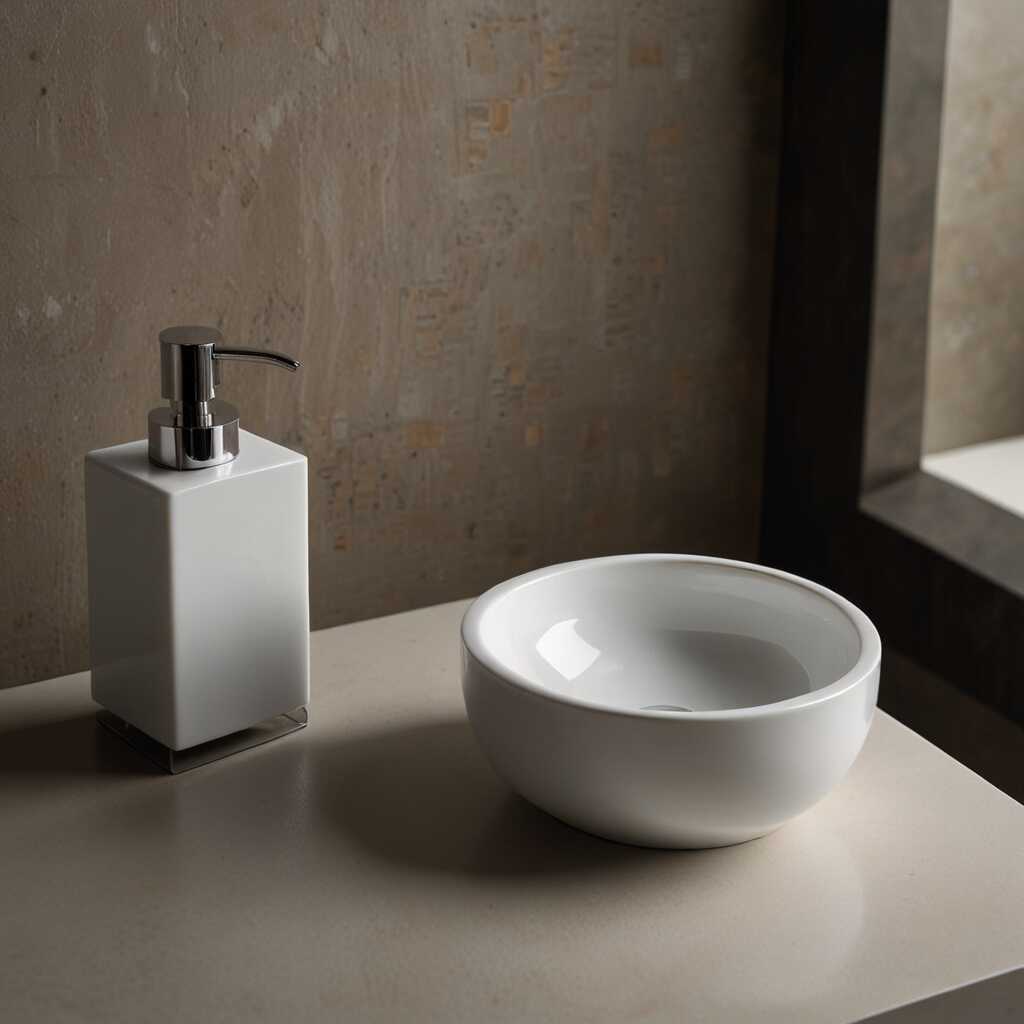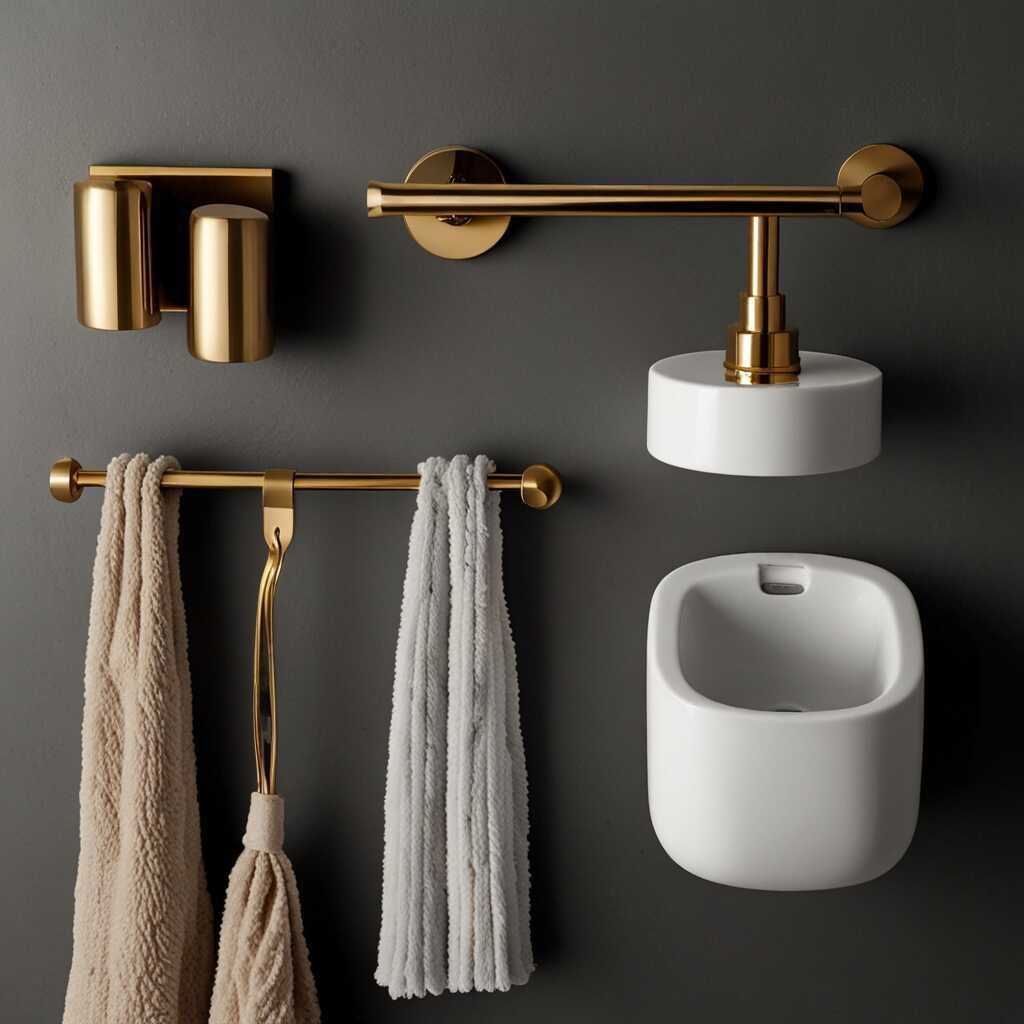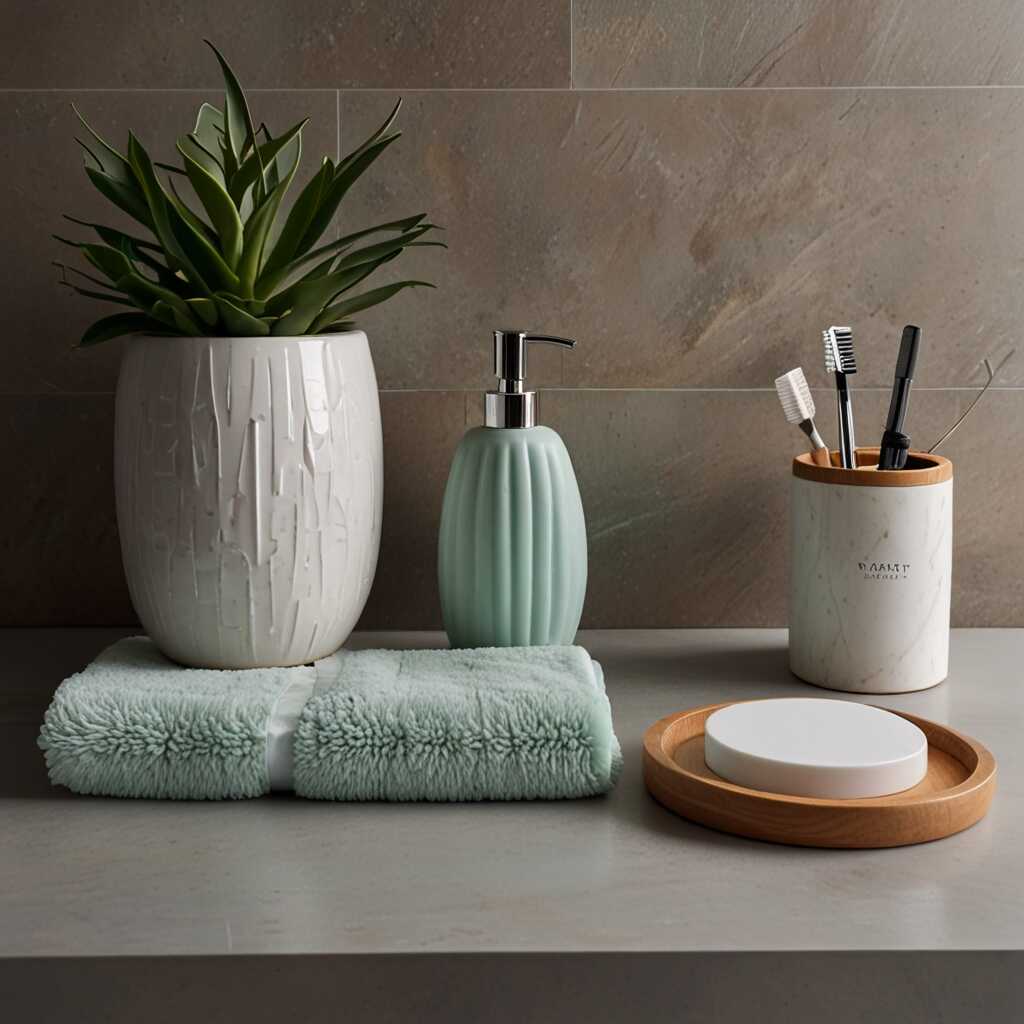Bamboo bath mats are better for your spa bathroom if sustainability is your main concern, while teak bath mats excel in durability and water resistance. Bamboo grows faster, making it more sustainable, but teak offers a sturdier and longer-lasting option despite being less eco-friendly.
Table of Contents
- Durability and Maintenance of Wooden Bath Mats
- Impact of Constant Moisture on Wooden Mats
- Bamboo Bath Mats vs. Teak Bath Mats: Environmental Impact
- How Sustainable Is Bamboo Compared to Teak?
- Aesthetic Appeal and Style of Bath Mats
- Customization Options for Wooden Bath Mats
- Bamboo Bath Mats vs. Teak Bath Mats: Cost Comparison
- What Is the Initial Investment for Each?
- Non-Wooden Alternatives to Bath Mats
- Materials Used in Non-Wood Bath Mats
- Bamboo Bath Mats vs. Teak Bath Mats: Slip Resistance
- What Are the Safety Features of Each?
Durability and Maintenance of Wooden Bath Mats
Moisture significantly impacts the durability of wooden bath mats, causing issues like warping or mold growth if not properly maintained. I found that with frequent humid environments like bathrooms, regular maintenance is essential to prolong the lifespan of wooden mats. Treatments such as applying wood sealers or oils enhance the longevity of wooden bath mats. Notably, bamboo tends to be less water-resistant than teak, which naturally withstands moisture better due to its dense grain structure.
Impact of Constant Moisture on Wooden Mats
Wooden bath mats can warp over time when exposed to constant moisture, especially if untreated. Preventive measures such as using a waterproof sealant and ensuring proper ventilation can minimize water damage. Experts suggest treating wooden bath mats every six months to prevent moisture damage. Comparatively, teak handles constant moisture better than bamboo, making it a preferred choice for spa bathrooms enduring heavy humidity.
Bamboo Bath Mats vs. Teak Bath Mats: Environmental Impact
Bamboo bath mats are generally more sustainable compared to teak because bamboo regenerates much faster. Bamboo harvesting has a lower environmental impact due to its rapid growth cycle, harvesting typically occurs every 3 to 5 years, whereas teak can take 20 to 25 years to mature. Material certifications, such as FSC (Forest Stewardship Council), ensure eco-friendly sourcing for both bamboo and teak. Bamboo also has a lower carbon footprint during production, making it a greener option.
How Sustainable Is Bamboo Compared to Teak?
Bamboo grows substantially faster than teak trees, often reaching full maturity within 3 to 5 years, while teak trees can take around 20 to 25 years to mature. The replanting rate for harvested bamboo is impressive because bamboo regenerates from its roots, contributing to soil health. Bamboo and teak vary in resource usage efficiency; bamboo has a minimal resource footprint, whereas teak cultivation demands more time and resources. Certifications like FSC or PEFC ensure the sustainability of both bamboo and teak products within the marketplace, as noted by Bathroom Accessories World, a company renowned for expertise in this field.

- Eco-friendly and renewable resources
- Naturally resistant to water and mold
- Stylish and elegant look
- Often made from durable materials like teak
- Easy to clean and maintain
- Lightweight and portable
- Non-slip surface for safety

Comparison of Bamboo Bath Mats vs. Teak Bath Mats for Spa Bathrooms
| Aspect | Bamboo | Teak |
|---|---|---|
| Durability (Years) | 2-4 | 10-20 |
| Water Resistance | Moderate | High |
| Price Range (USD) | 20-50 | 60-100 |
| Eco-Friendliness | High | Moderate |
| Maintenance | Low | Medium |
| Anti-Slip | Yes | Yes |
Aesthetic Appeal and Style of Bath Mats
Bamboo and teak bath mats differ significantly in appearance, with bamboo often showcasing a lighter, more natural look while teak boasts a richer, darker finish. Bamboo appearance tends to be smooth and streamlined, making it ideal for minimalistic designs. Teak appearance, on the other hand, exudes a luxurious and robust feel, enhancing traditional or rustic bathroom themes. Various bath mat design options are available, including slatted, woven, or solid wooden bath mats, catering to diverse tastes. Both bamboo and teak allow for customization options, enabling you to tailor mats to specific bathroom styles and decor. The color variation between bamboo and teak is notable, as bamboo typically showcases lighter shades, whereas teak offers a range of darker, more earthy tones. Additionally, the texture differences are prominent, with bamboo being smoother and less porous compared to the coarser teak surface, adding unique visual and tactile elements to your spa bathroom. For example, IKEA offers a variety of wooden bath mats that cater to different aesthetic preferences.
Customization Options for Wooden Bath Mats
Custom sizes are readily available for bamboo and teak bath mats, making it easy to find a perfect fit for your spa bathroom. Personalized engravings can be added to wooden bath mats, providing a unique touch and enhancing the overall user experience. Typically, there are over ten color stains available for customizing wooden bath mats, allowing you to match the decor precisely. However, customizing costs can vary, with premium options like personalized engravings usually adding to the price point. Many brands, such as Frontgate, offer extensive customization options that cater to individual preferences and bathroom designs.
Bamboo Bath Mats vs. Teak Bath Mats: Cost Comparison
The average price range for bamboo bath mats generally falls between $20 to $60, while teak bath mats can range from $50 to $150. Maintenance costs for bamboo are usually lower, as bamboo requires less frequent oiling compared to teak, which needs regular care to maintain its luster. When evaluating value for money in the long term, teak mats tend to be more cost-effective due to their durability and longevity. The initial investment for teak bath mats is higher, reflecting the material’s quality and longevity, making the cost comparison between bamboo and teak crucial in decision-making. Companies like Amazon Basics offer a wide array of options to fit different budgets.
What Is the Initial Investment for Each?
For a small bamboo bath mat, the price range is typically between $20 and $40. A medium-sized teak bath mat generally costs about $70 to $110, reflecting its premium quality. There are significant price differences between premium bamboo and teak bath mats, often driven by factors like wood grade, brand, and additional features. The initial price of bamboo and teak bath mats is influenced by material quality, brand reputation, and additional features such as anti-slip coatings or built-in drainage. Cheaper options from brands like Best Choice Products make it easier to invest in the right bath mat for your spa bathroom.

- Teak mats can last up to 20 years
- Bamboo mats are typically 33% less expensive
- Teak’s natural oil helps it resist water
- Bamboo is one of the fastest-growing plants
- Mats can support weights over 200 pounds
- Most wooden mats are around 24×16 inches
- Over 80% of reviews on Amazon rate them 4 stars or higher
- 5 Benefits of Installing a Natural Stone Towel Warmer in Your Spa Bathroom
- 10 Easy Steps to Make Your Bathroom Feels Like a Luxury Spa
- Sustainable Spa Bathroom Accessories: Eco-friendly Choices Explained
- Why Some People Are Against Using Artificial Plants in Spa Bathrooms
- Case Study: Reaping Calming Benefits with High-Tech Heated Floor Mats

Non-Wooden Alternatives to Bath Mats
I’ve noticed that non-wood materials are popular for bath mats because they offer unique benefits. Common bath mats made from non-wood materials include synthetic fibers, memory foam, and rubber. A comfort comparison shows that non-wood bath mats can be just as soft, with memory foam providing excellent cushioning. There are also eco-friendly alternatives like organic cotton or bamboo fiber mats. High-quality bath mats made from non-wood materials typically range from $20 to $100 depending on the brand and features.
Materials Used in Non-Wood Bath Mats
Synthetic materials like polyester and nylon are commonly used in bath mats because they’re durable and easy to clean. For those who prefer natural choices, organic options such as cotton and bamboo fibers are available. Memory foam bath mats often outperform wooden ones in comfort levels due to their cushioning effect. Stone bath mats are a popular non-wood choice because they offer a sturdy surface and have natural moisture-wicking properties.
Bamboo Bath Mats vs. Teak Bath Mats: Slip Resistance
Bamboo and teak bath mats generally perform well in terms of slip resistance, but teak is often slightly better due to its natural oil content. Safety features in bamboo bath mats include a lattice design that helps water drain quickly compared to the tighter grain of teak. The slip resistance of wooden bath mats can be improved with anti-slip pads or rubber backings. Both bamboo and teak mats fare well on wet surfaces, though bamboo may dry a bit faster.
What Are the Safety Features of Each?
Bamboo bath mats have natural slip-resistant qualities due to their texture and fast-draining properties. Specific designs in teak bath mats, like built-in grooves, enhance slip resistance effectively. Applying additional treatments such as waterproof sealants can improve slip resistance in bamboo mats. Rubber backings on wooden bath mats are very effective in preventing slips, making them safer.